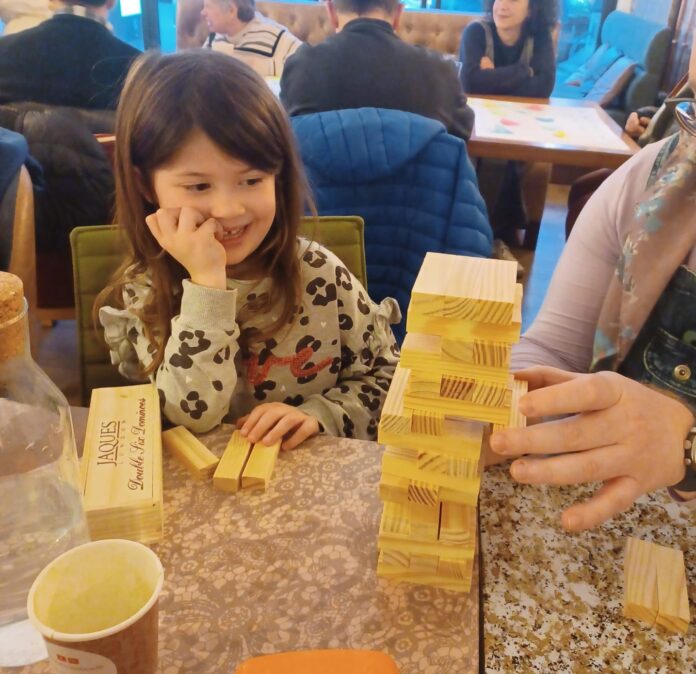
Hundreds of synagogues, schools, youth groups, universities, organisations, individuals and families throughout the community came together last weekend to mark the Jami Mental Health Awareness Shabbat (MHAS) – an initiative set up by the charity to raise awareness of mental health within the Jewish community.
Now in its 7th year, the event provides an opportunity for people of all ages to focus on their own mental health and wellbeing, as well as on the mental health and wellbeing of others in their community. Laurie Rackind, chief executive of Jami, said: “I have reflected on how our community has taken huge strides in recent years to raise the profile of mental health. Community is the theme this year, and there is no doubt that by coming together to talk and learn about mental health, we gain more power as individuals and as groups to support all those around us. Feeling comfortable to openly talk about the problems we are having, in the same way we may talk about physical illness, brings us closer to creating a more accepting and inclusive community where no one has to feel alone in their struggles.”
Leading up to the weekend, Jami ran a series of events, including a Zoom webinar in conversation with Rabbi Yoni Rosensweig on The Intersection of Mental Health and Judaism, and a United Synagogue’s MHAS Kabbalat Shabbat with Rabbi Daniel Epstein of Western Marble Arch Synagogue. Jami’s online Night School explored Jewish identity and mental health and the charity hosted a community gathering at its newly expanded and renovated Head Room café in Golders Green last Sunday . A number of Jami staff delivered age-appropriate sessions around mental health at Immanuel College, Hasmonean High School for Girls, and Hasmonean High School for Boys, and gave talks at various synagogues. And members of Jami’s Clinical Governance & Professional Advisory Group, including Dr Abigail Swerdlow, Dr Daniel Gordon and Dr Jonathan Ornstein, spoke at Bushey United Synagogue and Hampstead Garden Suburb Synagogue, Finchley United Synagogue and Mill Hill United synagogue, respectively.
Other activities held, inspired by the Jami Mental Health Awareness Shabbat, were Maccabi GB’s One Minute for Mental Health, where all league games were paused for one minute to allow football players, managers and supporters to think about their own mental wellbeing and that of those around them. Joey Kolirin, a mental health awareness campaigner, who overcame various mental health problems to become a certified NLP coach and mental health coach, shared his story at Stanmore and Cannons Park Synagogue, and Borehamwood and Elstree Synagogue. At the Jewish Life Centre and at Hendon United Synagogue, Rabbi Shalom Hammer gave a poignant account of what led to the tragic end of his daughter’s life and highlighted the many issues surrounding mental health challenges. And at the Saatchi Shul, a Milkshakes and Mindfulness session was organised, while members of South London Liberal Synagogue created mosaic coasters for mental health. Loughton Synagogue and Woodford Forest United Synagogue hosted a presentation and Q&A on Working Together as a Community to Understand Mental Health, and Jewish Care’s Ronson Family Community Centre held a three-day mental health awareness event, featuring awareness workshops, practical advice, yoga and mindfulness sessions.
The charity is now gearing up for the next Jami Mental Health Awareness Shabbat, which will be taking place from 19–20 January 2024.









